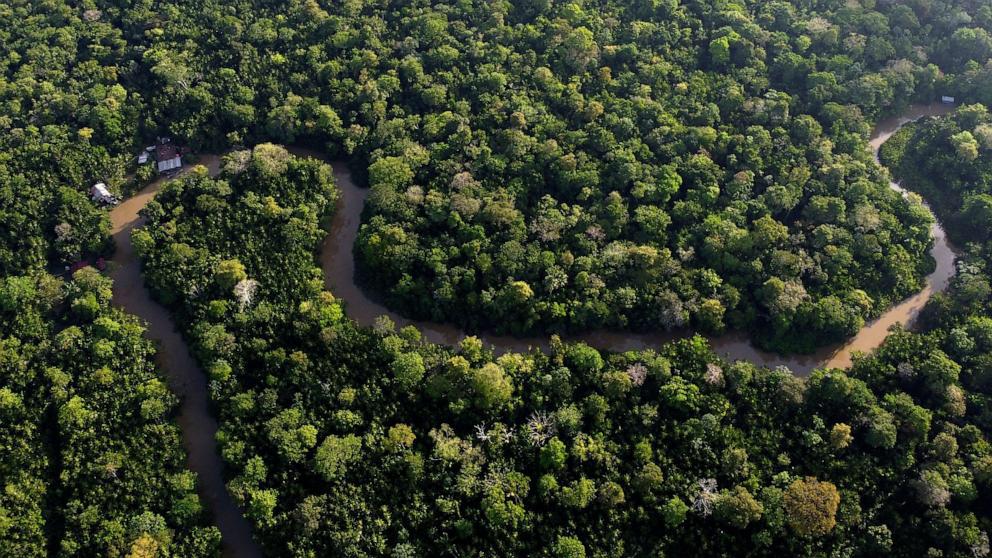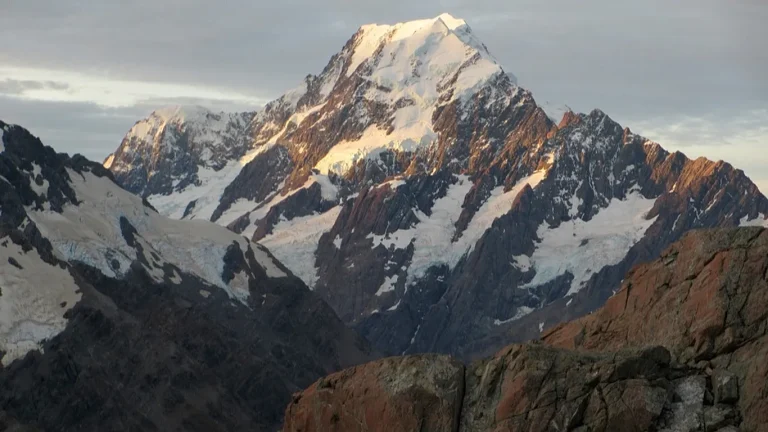
Experts criticise Brazilian government for placing highway through the Amazon rainforest. Photo credit: ABC News
(The Post News)- The Brazilian city of Belèm has cut through tens of thousands of acres of protected Amazon rain forest. It is said that a four-lane highway is going to be built there.
The highway is designed to alleviate traffic to the city, which is set to welcome over 500,000 individuals, including world leaders who have yet to arrive for the COP30 climate summit in November.
The state government highlights the highway’s environmentally friendly attributes, but numerous residents and environmental advocates are outraged by its harmful ecological impacts.
Critics argue that the destruction of the Amazon, a vital global carbon sink and a hot spot for biodiversity, jeopardizes the core objectives of the climate summit.
The partially constructed road is bordered by lush, vibrant rain forest, highlighting the natural beauty that once prevailed in the landscape. A wide stretch of cleared land, extending more than 13 kilometers through the center of the rain forest to Belèm, is now scattered with towering piles of cut logs.
Heavy machinery and diggers rip through the forest floor, laying down a layer of asphalt over sensitive wetlands, as the road slices through a supposedly safeguarded region. Claudio Verequete, who lives near the new road, says that the construction is already affecting his family’s income. Verequete worries about future deforestation now that businesses can more easily reach the area.
According to the Brazilian government, it sees COP30 as an opportunity to highlight the Amazon’s needs and showcase its conservation efforts. Officials claim that the highway will have wildlife crossings, bike lanes, and solar lighting to reduce its environmental impact. The state infrastructure secretary, Adler Silveira, called this project “an important mobility intervention” and one of 30 projects to improve Belèm for COP30.
Other projects would include airport expansion, new hotels, and a redeveloped port to accommodate visitors. Wildlife vet and researcher at a university animal hospital, Prof. Silvia Sardinha overlooked the construction site and has raised serious concerns. “From the moment of deforestation, there is a loss,” she said. “We are going to lose an area to release these animals back into the wild, the natural environment of these species.” Sardinha added that the highway will also restrict wildlife movement as land animals will no longer be able to cross to the other side too, reducing the areas where they can live and breed.
Prof. Sardinha later criticized the summit’s approach, saying that while discussions happen “at a very high level, among business people and government officials,” those living in the Amazon are “not being heard.” Adler Silveira, the state government’s infrastructure secretary, defended the project as a “sustainable highway” and an “important mobility intervention.”






